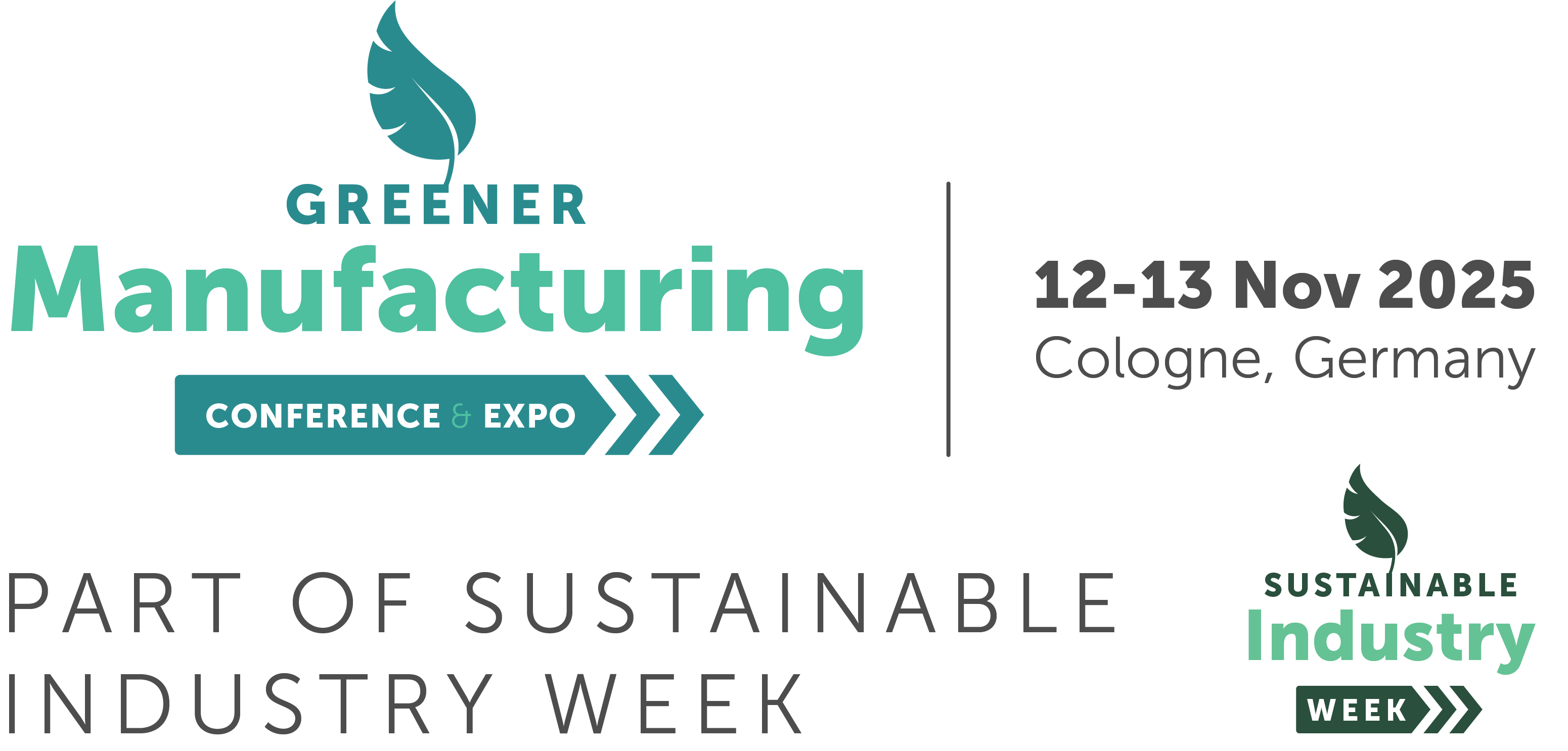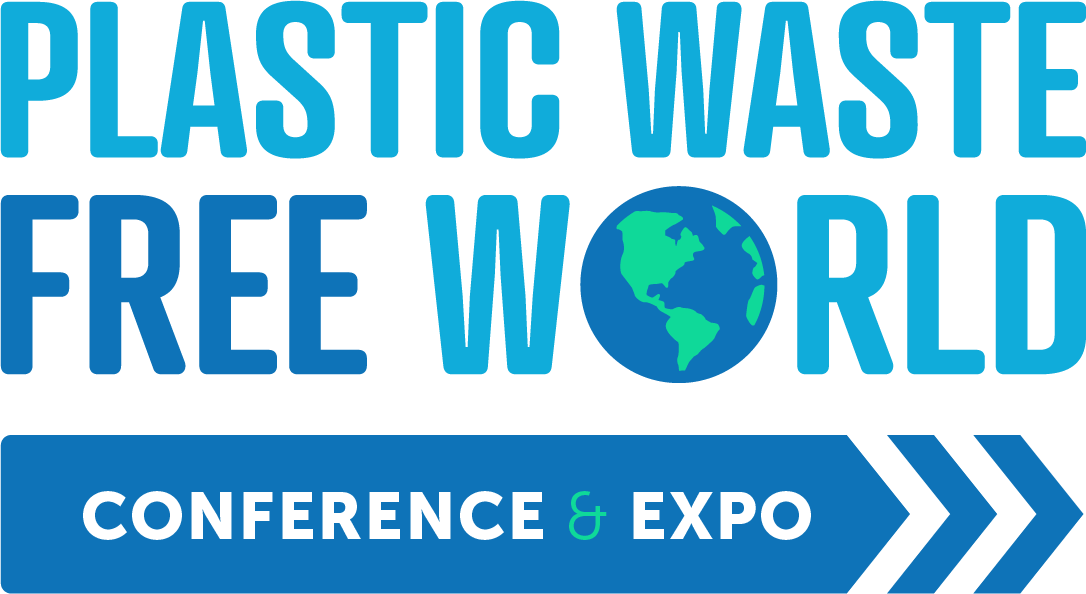Exploring Current Sustainability Motivations for Manufacturers
)
Morgan Stanley’s Institute for Sustainable Investing recently conducted a survey of sustainability professionals to understand the primary drivers for prioritizing their efforts and challenges that they face. The report of their findings was published in May 2024 and explored the key motivations driving manufacturers towards sustainability, focusing on six areas that provide valuable insights for manufacturers around the globe.
Climate Change and Business Resilience
Manufacturers are increasingly acknowledging the immediate impacts of climate change on their business models. Nearly a quarter of companies surveyed report already experiencing the effects of climate change. By 2050, more than 90% of respondents expect climate change to significantly impact their operations. This awareness is driving manufacturers to adopt resilient and adaptive strategies that ensure long-term sustainability and business continuity.
Value Creation and Financial Performance
A majority of companies (85%) surveyed see sustainability as a primary value creation opportunity. For manufacturers, this translates to an enhanced ability to improve profitability, cash flows, and revenue growth. In regions like APAC, where green industries such as renewable energy and electric vehicles are booming, sustainability is particularly viewed as a strategic lever for competitive advantage. Over half of the respondents integrate sustainability into crucial business decisions, including capital expenditures, research and development, and mergers and acquisitions, underscoring the financial benefits of sustainable practices.
Investment Needs and Access to Capital
The report identified high investment requirements as the most significant barrier to sustainability for manufacturers, with 31% of respondents highlighting it as a "very significant" challenge. This concern is most pronounced in sectors like Consumer Staples and Energy. However, access to capital emerges as a crucial enabler, with over 80% of companies citing investor support as essential for their sustainability strategies. This support often comes in the form of green bonds and sustainability-linked loans, which align corporate financing with sustainability goals.
Operational and Cost Implications
While sustainability initiatives often lead to short-term cost pressures, the long-term financial benefits can be compelling. The report indicated that nearly three-quarters of respondents anticipate rising costs due to sustainability efforts, primarily from raw materials and regulatory compliance. However, over 80% believe that these initiatives will ultimately drive stronger financial performance, including higher profitability and improved cash flows. This real-world insight highlights a common concern about the necessity for investment in sustainability today to ensure significant financial returns in the future.
Regulatory and Policy Influences
Compliance with government regulations is a major driver for manufacturers to pursue sustainability initiatives. Regulatory frameworks, coupled with expectations from customers, boards of directors, and industry observers, compel manufacturers to adopt more sustainable practices. However, regulatory uncertainty remains a challenge, particularly in Europe, where respondents cited it as a significant barrier.
Strategic Differentiation and Competitive Advantage
For manufacturers, sustainability is not just about compliance but also about gaining a competitive edge. By differentiating their products and services through a lens of sustainability, manufacturers can attract and retain top talent, enhance brand reputation, and meet the growing consumer demand for environmentally responsible products. The report suggested that sustainability is increasingly becoming a core component of long-term strategies, influencing supply chain management, product innovation, and overall business operations. Manufacturers that embrace sustainability are likely to drive long-term success and contribute meaningfully to global environmental goals.
About the author: Fosterra is an independent sustainability consultancy that works with global supply chains to find opportunities to reduce their carbon footprint and achieve sustainability goals. Our work provides deep insight into the risks, trends, and opportunities for improving environmental performance that we are pleased to share. www.fosterra.com





